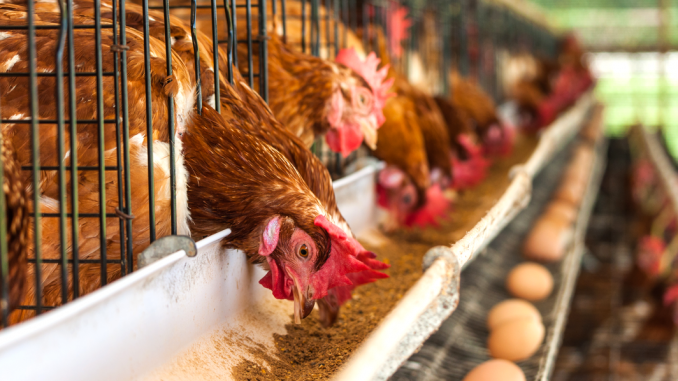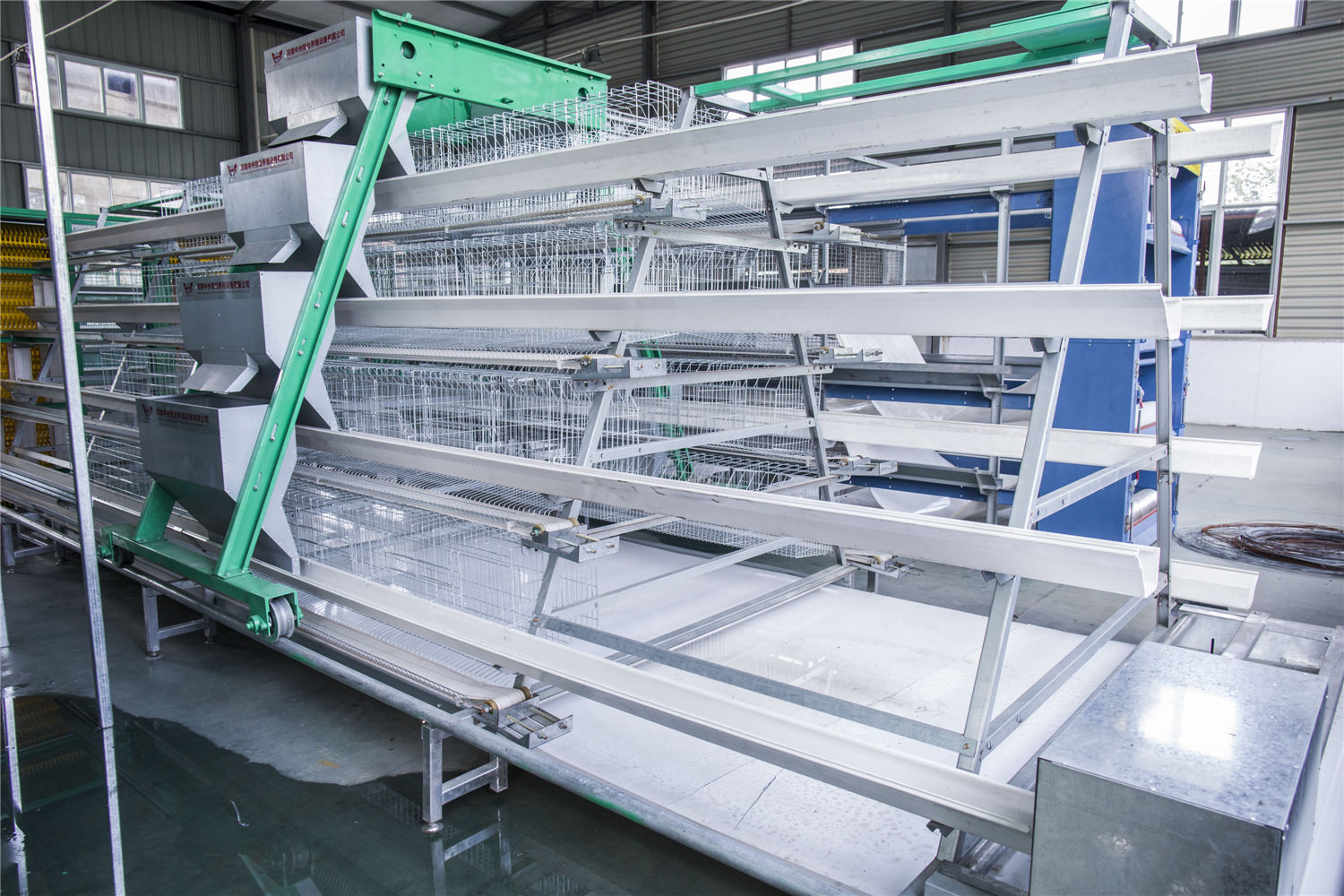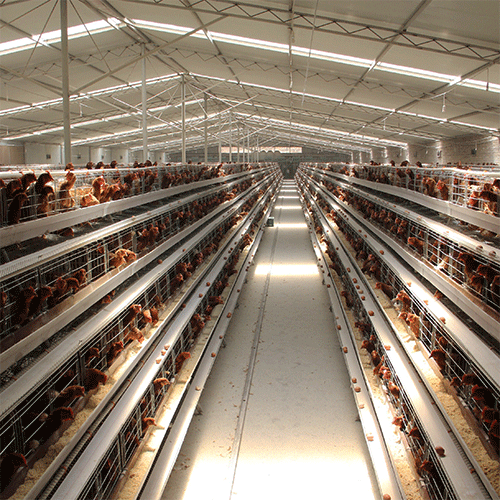Why are some automated poultry cage farms prone to disease
- Published in Poultry raising equipment
Poultry cage system to carry out the chicken raising project is a project that many people like, but the disease problem of the chicken house is also a problem. Why are some chicken farms prone to disease?
Not properly disinfected. For many farmers, disinfection is clear to them, but they do not understand the pertinence of disinfection. In fact, the disinfection of chicken farms using automatic poultry farming equipment is very particular. For example, before the spring and summer, the younger brother mainly targets pathogens, and needs to target parasites in the middle and late stages. Farmers must do the disinfection work properly.

The second point is that the epidemic prevention work has not been done well. The vaccine prevention of chickens requires science, and the prevention process should not be changed lightly. Farmers need to do a good job of daily immunization of poultry, so that the effect of the vaccine can be fully utilized.
The third point is that there is no scientific medication. Chickens raised in poultry cages should strengthen their immune mechanism, which makes more poultry farmers want to use drugs to ensure their healthy growth. This is the wrong idea. Chickens who take too much medicine will have a certain degree of resistance, and the effect will be much worse when they need to take medicine. Therefore, when a poultry becomes sick, you must first know the cause of the disease and take the medicine.
The above are the precautions for raising chickens shared by chicken cage manufacturers for poultry farmers, avoiding some unscientific methods of raising chickens.



